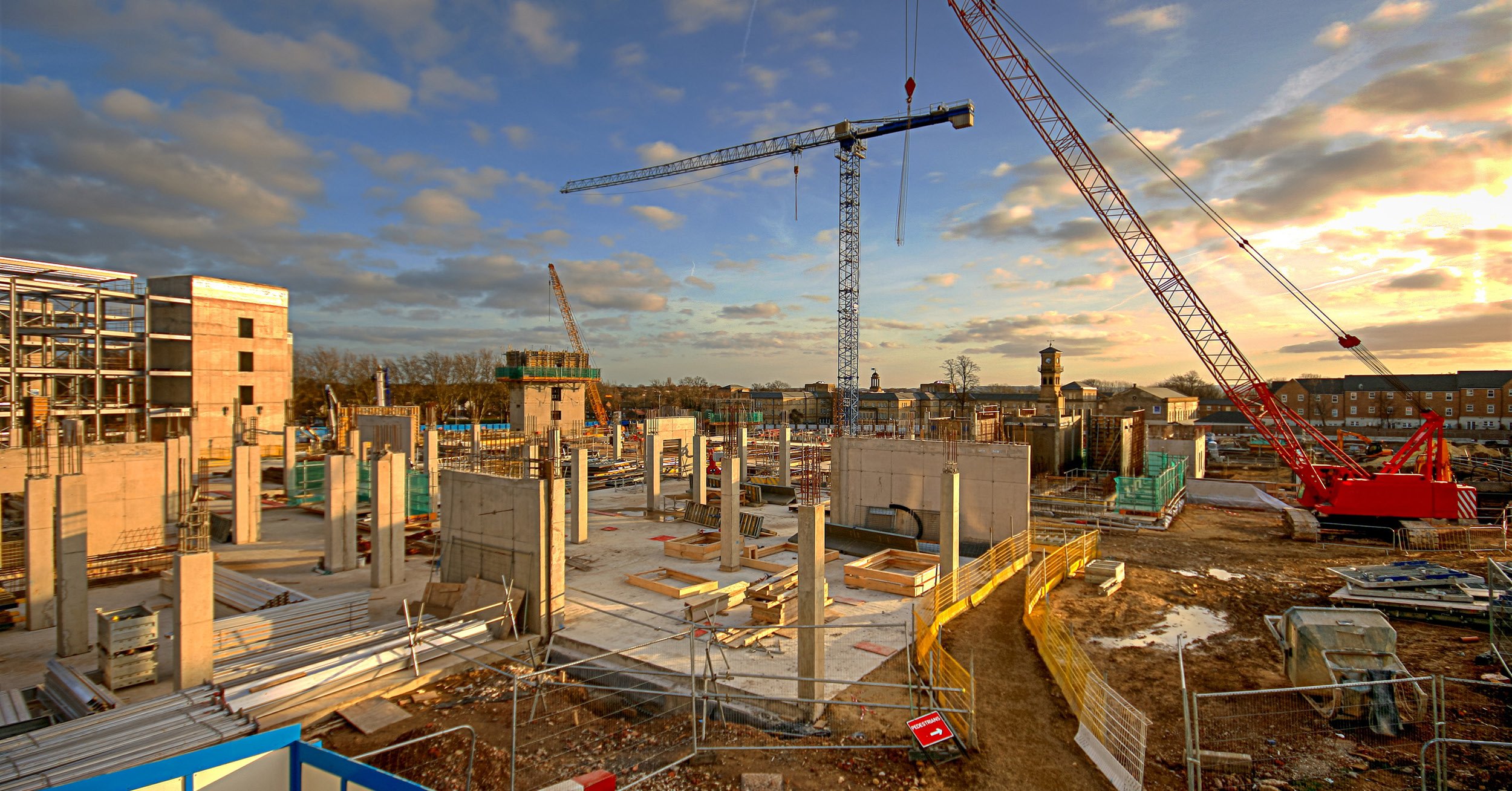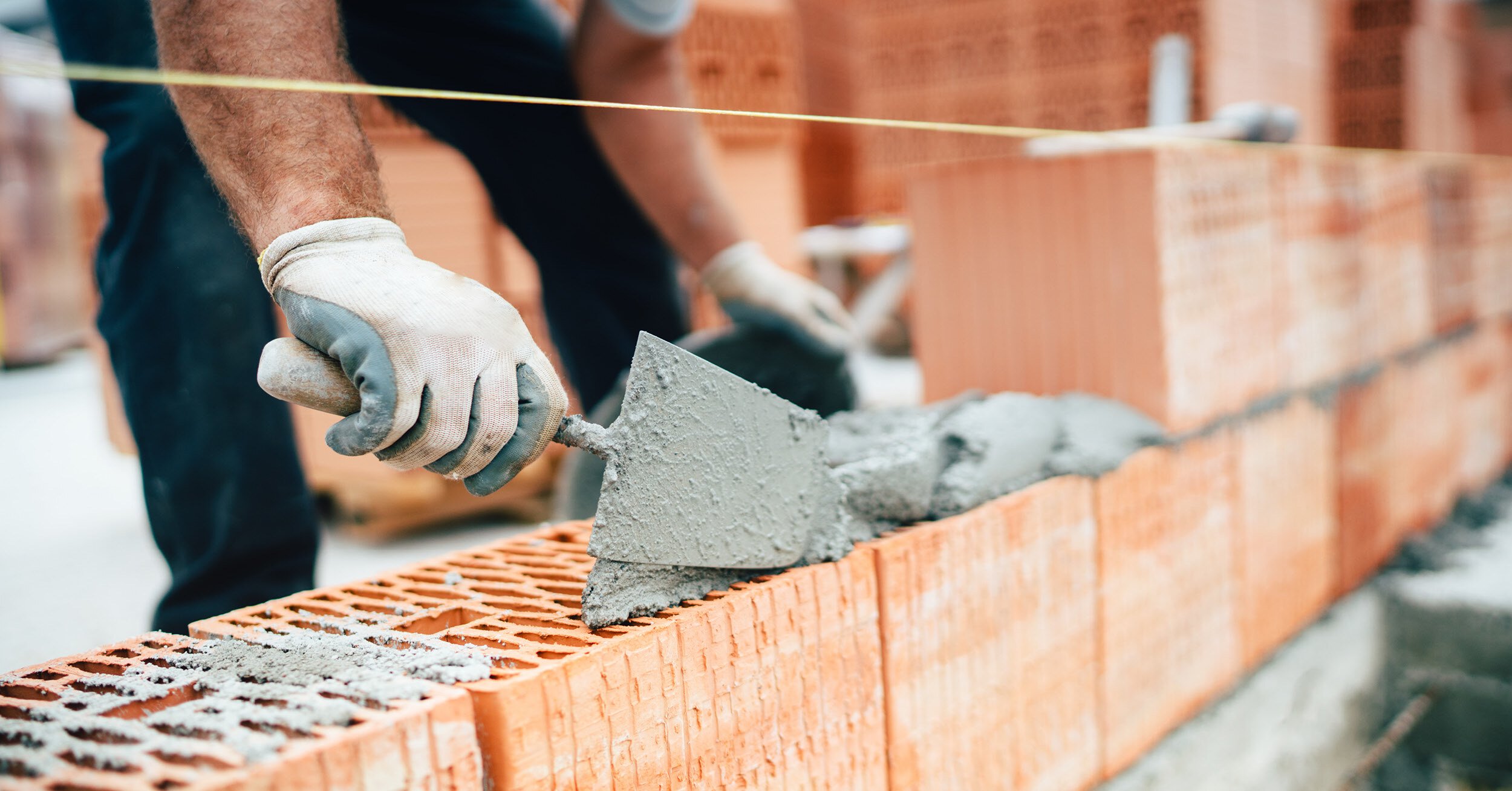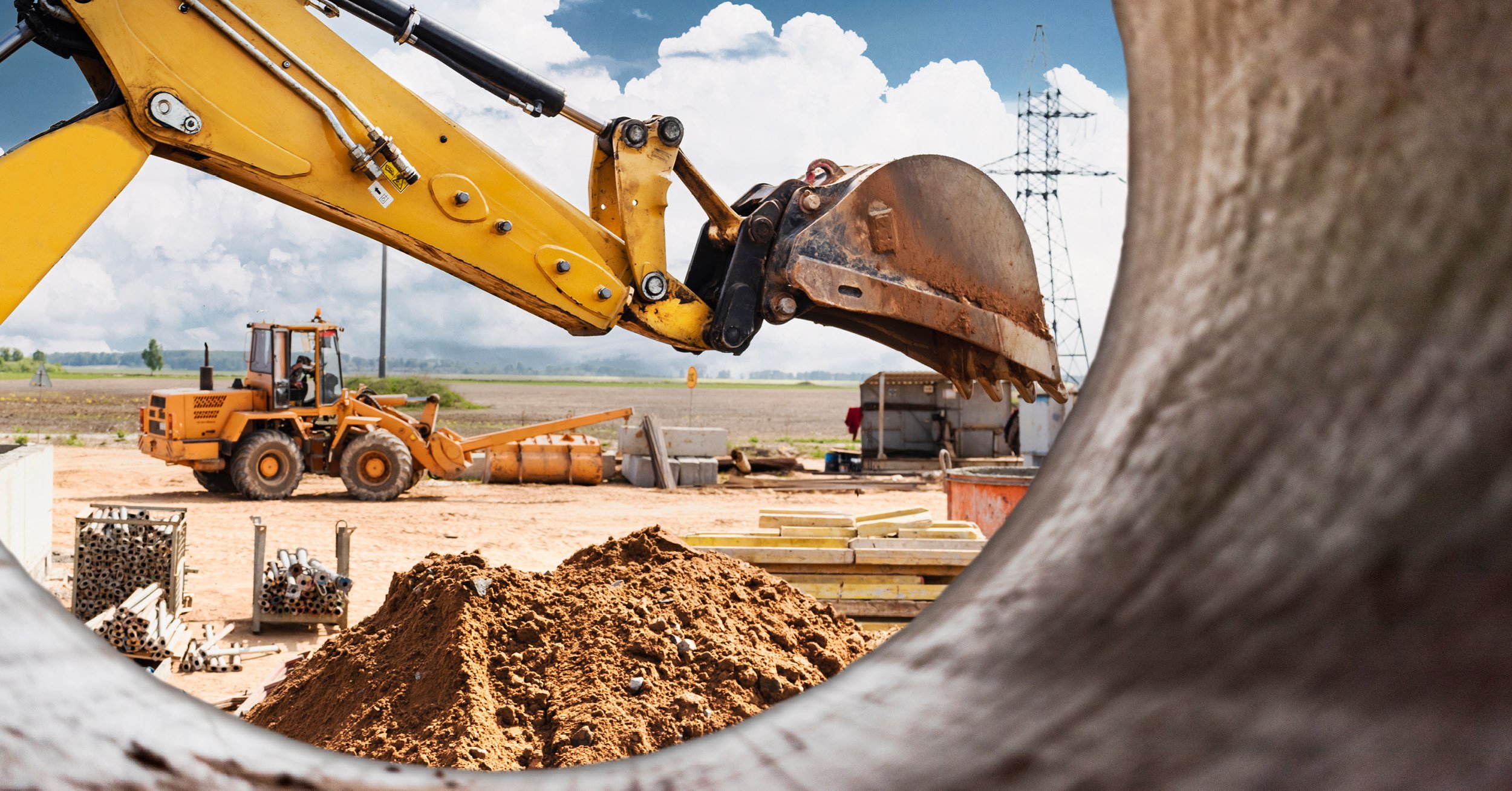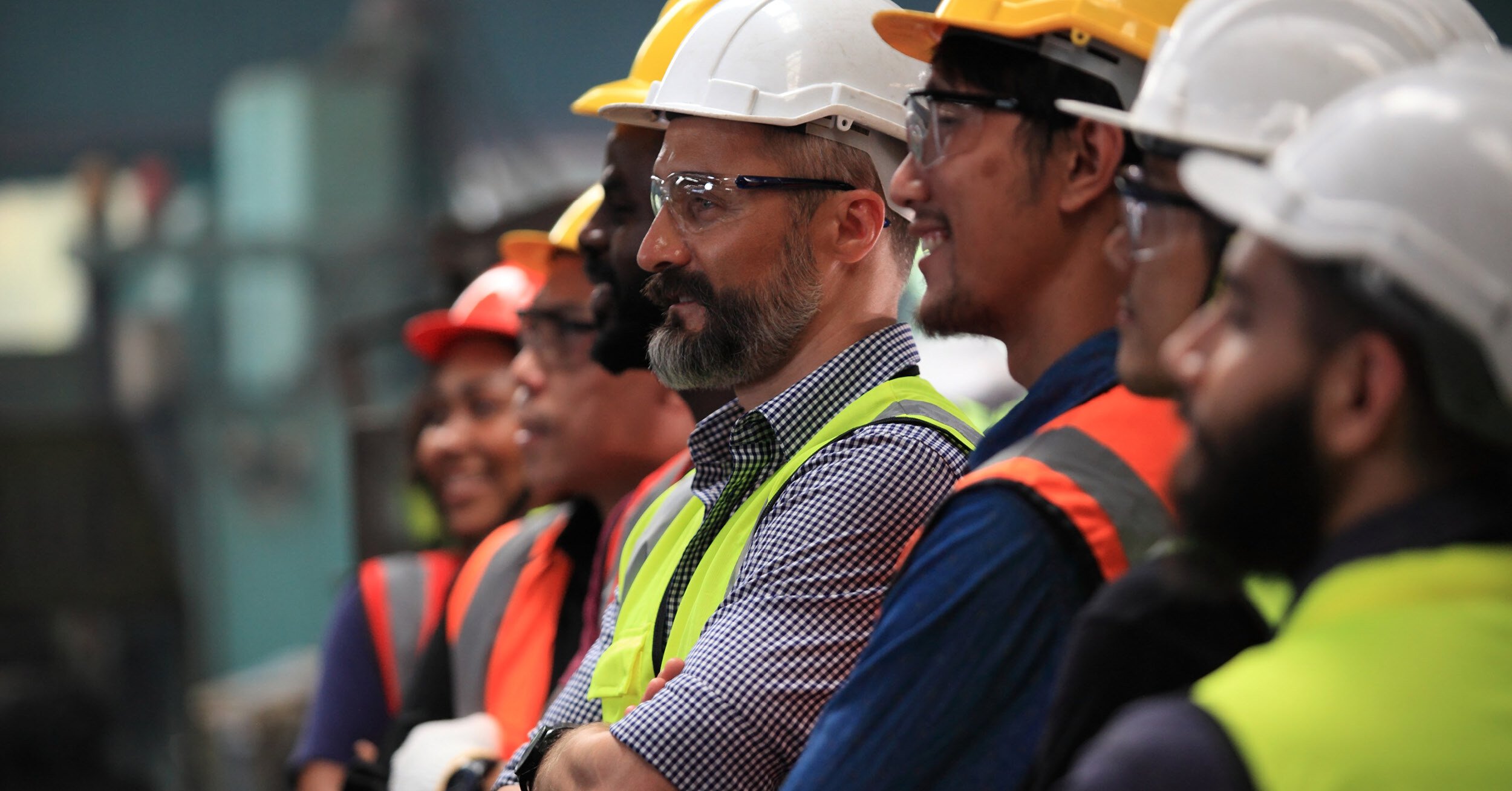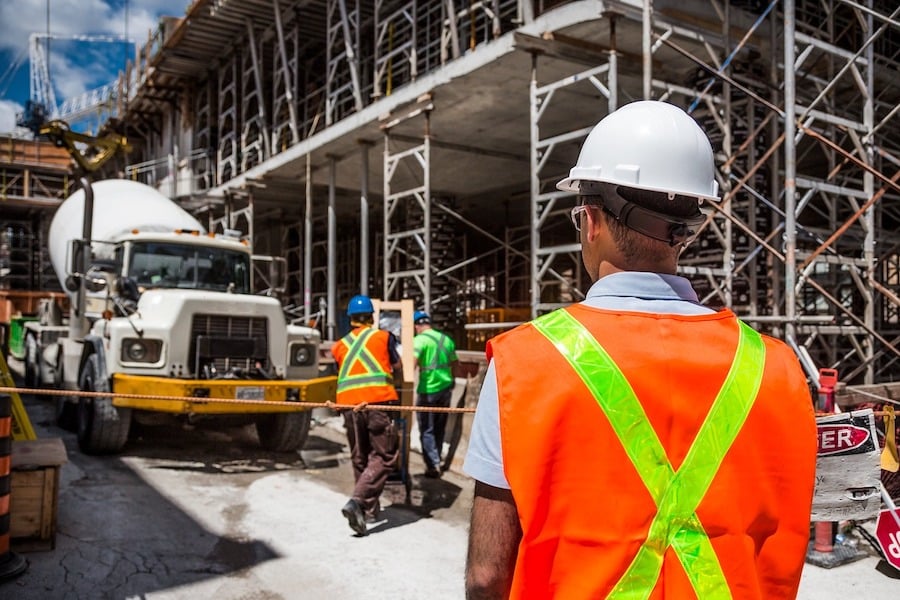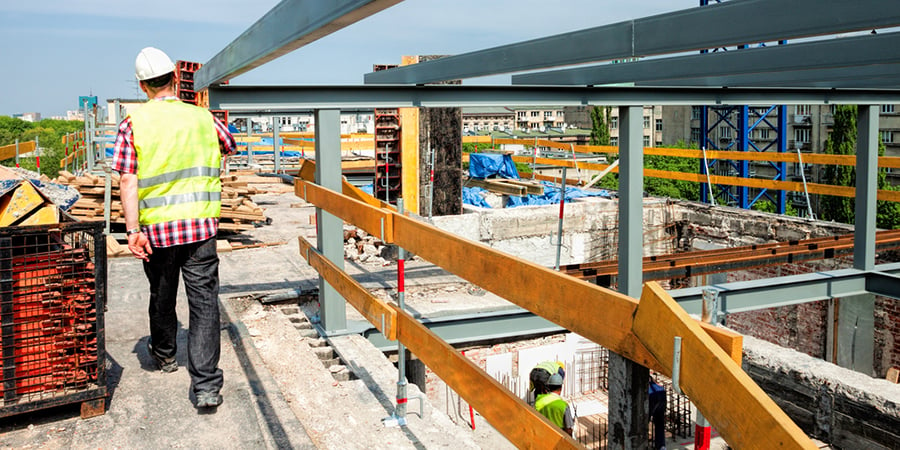
Some risks in the construction industry have been around since the dawn of civilization. When the topic of top construction risks comes up, worker safety is typically the first thing that comes to mind. While ensuring the wellbeing of construction workers certainly remains a top concern, there are other risks to consider that have emerged in more recent history.
What are the top concerns that keep owners and risk managers of construction companies up at night, and how can you mitigate these risks? Let’s explore.
1. Skilled Craft Labor Shortage
Some have suggested that the lack of skilled trade workers has the potential to spell doom for the U.S. economy. Skilled trade jobs rank #1 as the hardest jobs to fill, due in part to an exodus of older, skilled workers. Yet craft labor has higher-than-average salaries and many opportunities for advancement.
Perhaps some of the reasons younger generations aren’t pursuing the trades is because of construction industry misconceptions. According to a U.S. Chamber of Commerce report, 61% of respondents believe construction jobs are “dirty jobs,” 55% believe they require brute strength to perform duties, and 52% consider construction work a job rather than a fulfilling career.
To overcome these challenges, owners may need to leverage their marketing skills as much as their construction and business skills to rebrand their companies and the industry as a whole in their region. Educating future graduates about how rewarding a career in construction can be and offering apprenticeships may not be a quick fix. However, such efforts could be the key to finding a long-term solution and help your sustainability. Working with a specialized HR services team also can provide added resources and improve your recruiting efforts.
RELATED: Construction Guide, Steps to Overcome the Skilled Labor Shortage
2. Contract Language
Construction projects are becoming increasingly complex, meaning the contracts associated with those jobs grow more complicated as well. Much of the language in construction contracts focuses on liability risks and who will be responsible for injury claims and the like.
Most contracts require commercial general liability (CGL) insurance, but multiple add-on coverages are typically required, too. General contractors and subcontractors often enter into binding contracts and, likewise, subcontractors are typically required to enter into contracts with their subcontractors. The many layers of contractual requirements need to be reviewed thoroughly to ensure everyone is properly protected.
Another common contract stipulation is coverage for ongoing and completed operations to cover damages to third parties on the construction site, plus any construction defect claims that may occur later as a result of poor workmanship after the project is completed. You also need to watch for coverage exclusions that can leave your company exposed.
To avoid common compliance oversights, a legal team of experts is often required. These legal expenses can add up, so check with your insurance agency to see if they employ legal counsel to review contracts. They can help mitigate the risks of overlooking the fine print and missing important details.
3. Subcontractor Default
A substantial portion of a construction project may rely on the goods and services provided by various subcontractors. Most construction companies have a list of preferred subcontractors and have built trusting partnerships over time to avoid project delays and other negative impacts. But circumstances can change at a moment’s notice, emphasizing the need to protect your company from subcontractor default.
It’s important to know which questions to ask when hiring subcontractors to help protect your best interests and your company’s reputation. Bonding contracts have become commonplace to mitigate the risks, but subcontractor default insurance is sometimes considered as an alternative to surety bonds. While there are many types of insurance for construction, this particular coverage can provide added protection against catastrophic subcontractor defaults and potential hazards, especially for larger contractors.
4. Cybersecurity
One of the biggest advances in the construction industry in recent years is the adoption of technology. Whether it be as simple as using a drone to assess a jobsite or the use of artificial intelligence for quality control, improved safety, design optimization and project management, technology is reshaping the construction industry.
There are many software and mobile apps that help manage every aspect of a construction project, but all that connectivity poses potential risks when it comes to data security. Something as simple as a malicious email that is mistakenly forwarded or outdated antivirus software could open the door for a ransomware attack or data breach.
Cyber insurance is critical, but it will only protect you from the damages that result from a successful cyberattack. It’s much better to prevent a breach in the first place by properly training workers on clues to look for, updating software, and working with a risk advisor that will go beyond just selling you cyber insurance and, instead, provide training and resources to help ensure you’ll never have to actually use it.
5. Project Performance
The construction industry is booming, but tighter timelines, fewer qualified workers and rising material costs make it more challenging to achieve project performance goals and manage a project’s scope. Evaluating your project’s performance requires carefully analyzing several key performance indicators, including how well you stayed on track to meet schedule, budget, quality and safety goals.
This study indicated that more than three-quarters of the best performing participants engaged key stakeholders — architects, electrical and plumbing contractors, etc. — very early in the project during its conceptualization. Average performers only engaged these stakeholders early on about 40% of the time. Another project performance best practice is the use of lean techniques, which were used up to six times more by best performers compared to typical performers.
Being a part of building communities and creating sustainable futures for those in your organization is extremely rewarding, but enacting these and other best practices can help mitigate the many risks that come with those rewards.
McClone has vast experience in working with construction companies, both large and small, and has an in-house team specializing in construction to partner with you. Reach out today to help identify these and other risks so you can focus on building for the future.
Topics:



